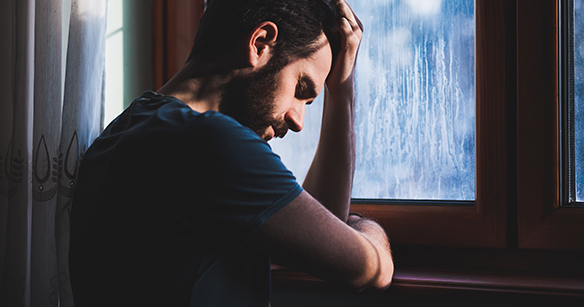31 May 2022
What is Addiction?
Let me start by saying what it is not. It is not a matter of willpower. It is not simply a phase that the person will "grow out of it". It is not a lifestyle choice where you can tell someone to swap out of, and still that someone continues helplessly. And we say that it is a medical condition that requires diagnosis and treatment. It is a complex brain disorder that involves biological and psychological components. Most importantly, it is treatable and preventable.


There Is A Science To How Addiction Forms
The brain may respond to hedonistic stimuli and lead us to behave in certain ways to gain pleasure. For example, sensation of hunger persuades us to relieve satiety and some of us would then crave for particular “comfort food”. A sense of rush and achievement overwhelming a racer may provide the impetus to sign up for the next one to gain a greater win. This describes the “reward pathway” which is the neuronal network in the brain and can be activated by food, water, sex, exercise, and risk-taking behaviours . Therefore, when this neurocircuitry and neurochemical pathway get hijacked by other insidious stimuli such as psychedelics and mind-altering substances, this creates a disordered behaviour to re-create those highs and results in a dehumanised state of compulsive activity in doing so. This becomes addiction associated with psychoactive substances and gambling or pornography use and can range from a mild to severe state.
The Hidden Symptoms Of Addiction
We may observe some disordered behaviour in our loved ones if we suspect addiction. They may spend a lot of time and energy trying to get the same substance or to access the same behaviour, just to feel the effect more often or shake off the withdrawal discomfort. They also find themselves trying to recover from intoxication and withdrawal effects with little success increasingly as their habits take over their lives. They may attempt to conceal their habits and come up with reasons to absent themselves from social and workplace commitments. They may be observed to be emotionally distraught or easily agitated if they attempt to stay away from the habit. They struggle to break away from using the substance and may feel depressed or anxious because they find it tough to speak to anyone about this. Sometimes, you get frustrated with them as you cannot understand why they continued their destructive behaviours even when the substances are damaging to health and finances.
The Mental Health Effects From Addiction
As a result, most people who struggle with addiction, are already self-stigmatising, loathing themselves and asking themselves why as they grapple with understanding their own irrational behaviours. They suffer from depression and anxiety and sometimes episodes of psychosis when the substances cause toxic damage to the brain. As they isolate themselves further and may be driven to crime to fuel their addiction, family members and friends also struggle to unearth the truth behind their aberrant behaviours and also suffer from stress and conflictual relationships. These people despair whether they can return to their former productive lives and meaningful relationships. Addiction not only affects the individual but the entire family.
What We Can Do?
This is where we can start to make a difference. Familiarising ourselves with insights about addiction and most importantly developing the right attitude are key to starting a conversation about seeking treatment. Among ourselves with no addictive behaviours, learning to adopt responsible usage of alcohol and promoting smoking cessation are gestures to show support for our loved ones struggling with these habits. The correct identification of the condition can allow the person to access help early. And remember that we want to treat the condition, not judge the person with the habit. There are self-help groups that offer anyone with alcohol or narcotic addiction a safe place to get help. Alcoholic Anonymous (AA) and Narcotics Anonymous (NA) use the twelve-steps facilitation program to enable change among their members to enter abstinence journey. Their URLs are: www.singaporeaa.org and www.nasingapore.org. There are also charity organizations set up to offer addiction counselling such as We Care Community Services (www.wecare.org.sg). If there is a requirement to safely undergo detoxification, National Addictions Management Service (NAMS) situated at the Institute of Mental Health (IMH) can offer medical treatment including medication-assisted detoxification and patients may be offered psychotherapy and counselling thereafter. In restructured hospitals where there are mental health services, addiction recovery services may be available such as National University Hospital and Changi General Hospital.





